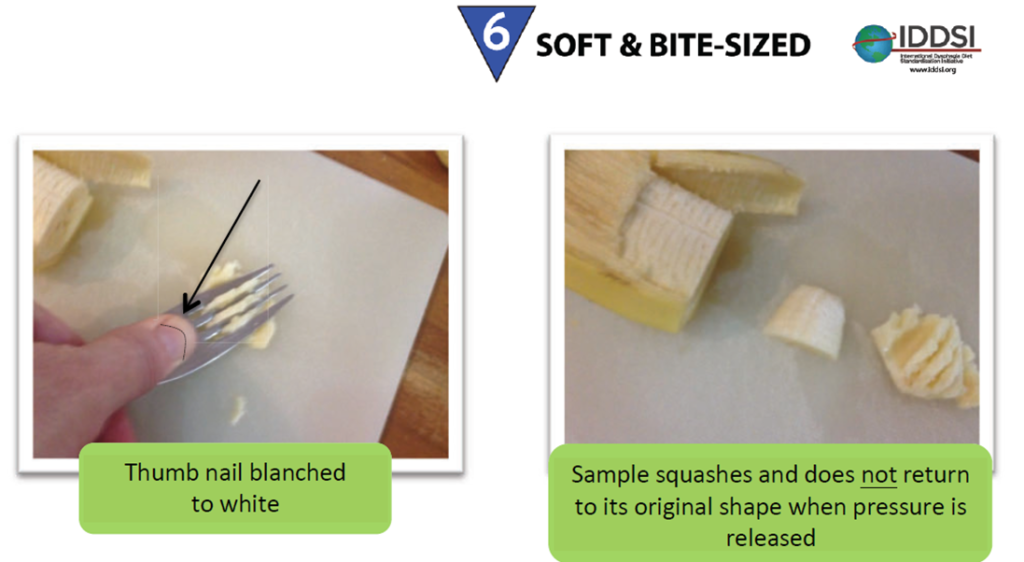Hello, is there a specific drink (powdered or ready-made) please that substitutes for low-sugar bread in that
1. it comprises mostly complex carbohydrates but
2. no/negligible mono/disaccharides (i.e. not sugary) and also
3. has no icky artificial sweeteners? esp not sucralose.
Basically, when you're told to "have some complex carbs e.g. bread", what can you have that's in liquid rather than solid form?
1. it comprises mostly complex carbohydrates but
2. no/negligible mono/disaccharides (i.e. not sugary) and also
3. has no icky artificial sweeteners? esp not sucralose.
Basically, when you're told to "have some complex carbs e.g. bread", what can you have that's in liquid rather than solid form?




